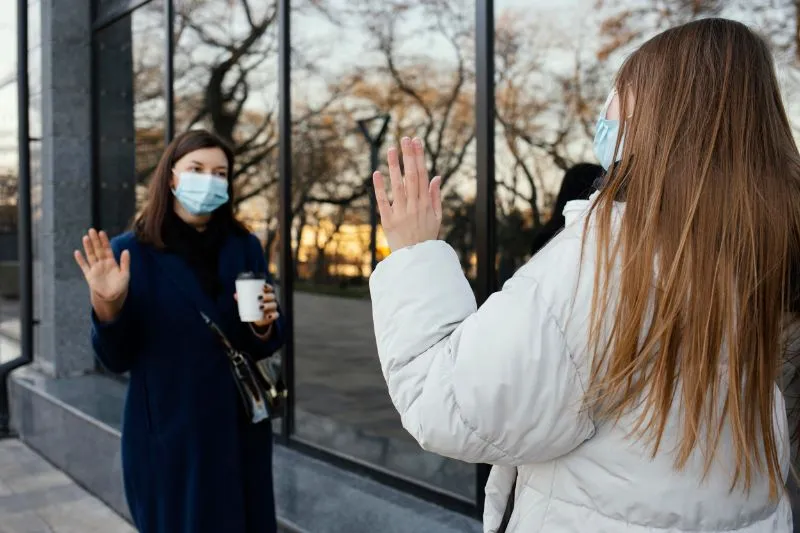The Wuhan
Coronavirus (CoV), a deadly virus presenting as non-treatable pneumonia, has begun to spread throughout the world, so it is essential to stay well-informed to protect you and your family. CoV, which originated in China, has spread to several other countries in just a few short weeks. At first, the assumption was that the virus was initially contracted from animals at a market in Wuhan, China. However, other people started acquiring symptoms who did not visit the market or were exposed to the animals at the market. This particular strain of CoV is new or
novel, so there is little information this time. However, doctors across the globe are working together towards having a better understanding of this outbreak.
Transmission of the virus occurs through droplets, such as a cough or sneeze, and it is spread from person-to-person. For instance, if a person sneezes, the virus can land in the mouth or nose of a person nearby. Also, the virus could be transmitted by
touching a surface that is infected with the virus and then touching your nose or mouth. Once contracted, symptoms include fever, cough, and shortness of breath. Essentially, the virus causes severe pneumonia. However, unlike bacterial pneumonia, which is usually well-treated via antibiotics, viral pneumonia does not have an exact treatment plan. Antivirals are being tested as a treatment option, but due to the newness of this virus, it is unclear if it will eliminate the virus successfully.
Those who have recently traveled on an airplane to China are at high risk of contracting the virus. If you experience similar symptoms to the ones listed above and have traveled to China or have been in contact with someone who has been diagnosed with CoV, present to the emergency room promptly. However, if you develop cold and flu symptoms and have had no connection with CoV, treat the illness as usual. Since there is not a
vaccine for this new virus, it is essential to take prevention measures seriously. Prevention is similar to other droplet transmitting viruses, which includes washing your hands thoroughly with soap and water after using the restroom, eating, sneezing, or coughing. Keep an alcohol-based hand sanitizer readily available, but understand that hand sanitizer does not take the place of handwashing with soap and water. Avoid contact with people who are sick and also stay at home if you are sick.
According to the World Health Organization, CoV is not currently a pandemic, although the virus has spread to other countries. Fortunately, the countries that have cases of CoV are trying to contain the virus as best they can, which will hopefully prevent a pandemic from occurring. Until more information is acquired about this virus, continue to utilize the precautions listed above. For the most accurate information, continue to check the World Health Organization website, as well as the Center for Disease Control website. As always,
Cura4U is here for your medical needs, so contact us with further questions.












